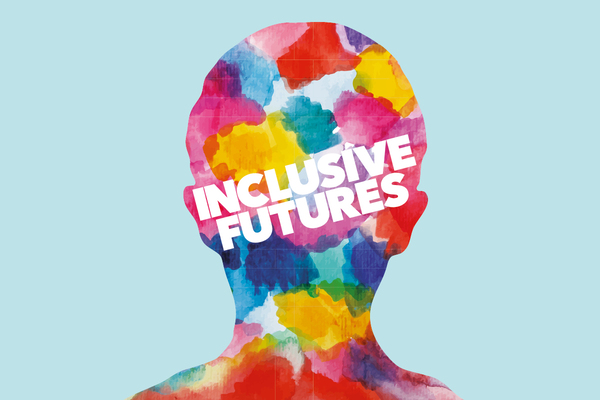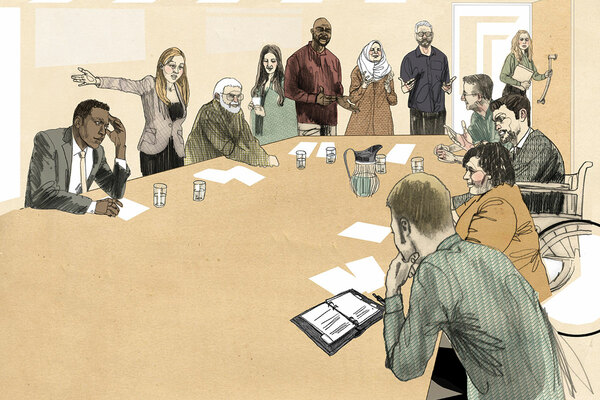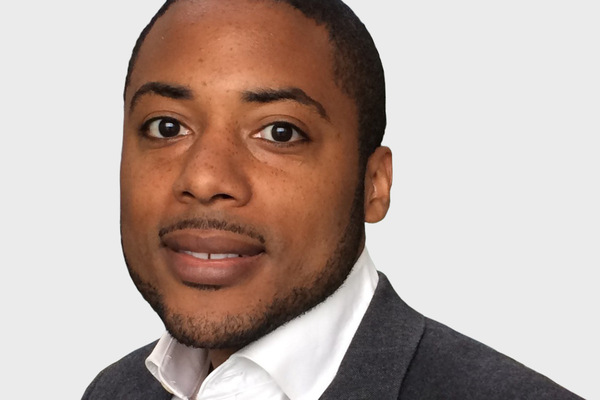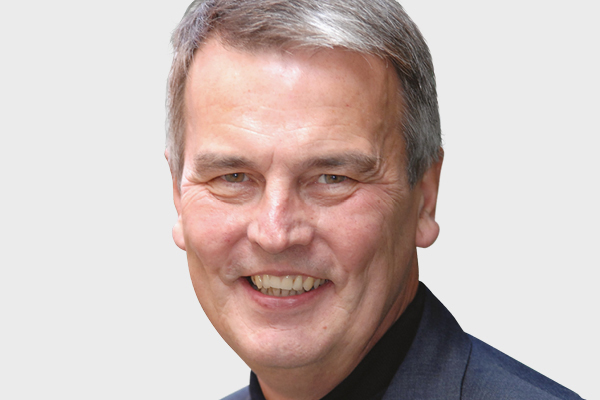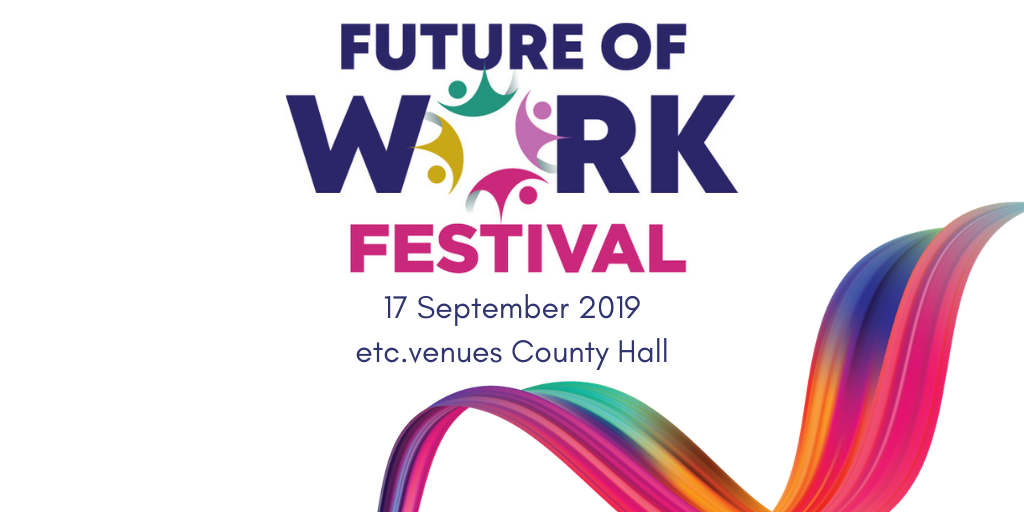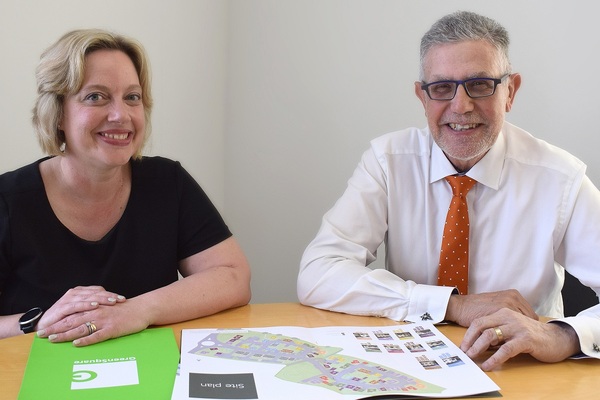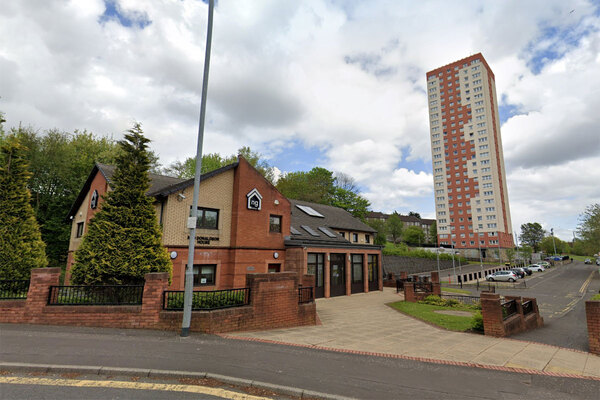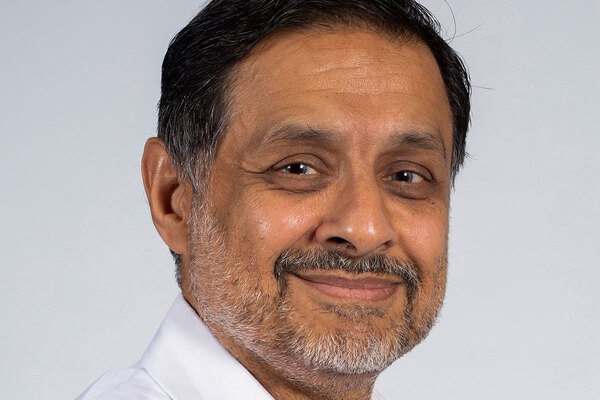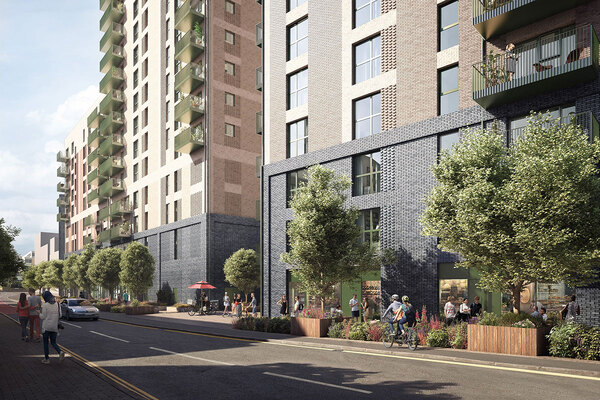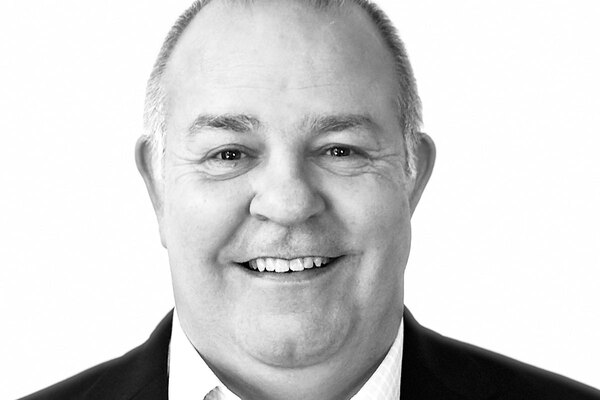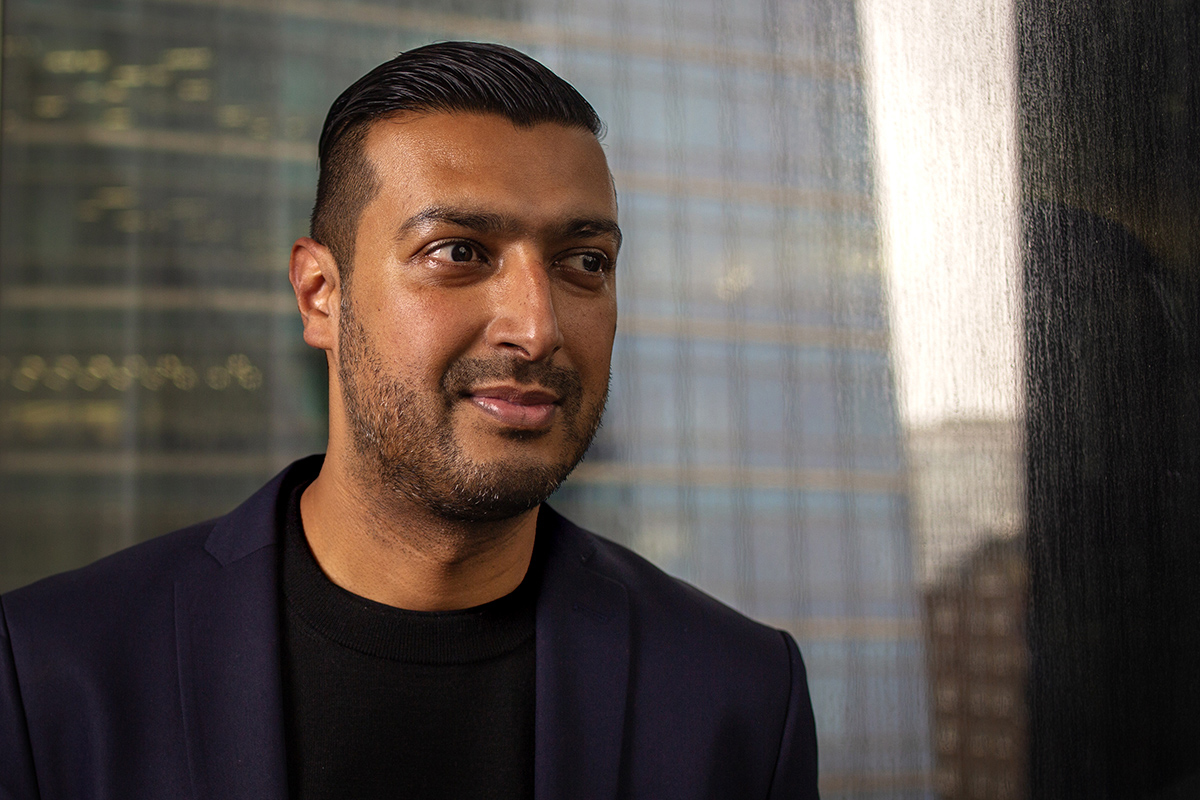You are viewing 1 of your 1 free articles
Why are diversity initiatives failing?
Despite attempts by housing organisations to improve diversity and inclusion, there are a number of reasons why there is still a long way to go, writes Mushtaq Khan
Inside Housing’s Inclusive Futures campaign aims to promote diversity and inclusion among housing’s leadership teams
During the past few months, I have been working with housing organisations on improving their performance in equality, diversity and inclusion.
It has meant that I’ve been doing a lot of thinking about the amount of work that organisations have done on diversity initiatives and why many people feel that on the whole these initiatives have failed.
It’s not as if housing organisations haven’t tried. We’ve been at the forefront of trying to ensure that we provide training on equality and diversity. We started off with equal opportunities training (mostly about recruitment), moved on to diversity initiatives (about services) and now the talk is about inclusion and unconscious bias.
So why, then, are we here? By suggesting that diversity programmes haven’t succeeded I might be in danger of upsetting those who have worked hard in the field and seen some success. Indeed, Howard Ross in his book Reinventing Diversity makes some similar arguments, but here are my top five reasons why some diversity programmes don’t succeed:
- They see diversity as a problem to be solved. Introduce some new policies, amend recruitment procedures for example and you’re moving forward. At Housing Diversity Network (HDN) we have started using polarity thinking as a way of encouraging organisations to develop their work on equality and diversity.
- Acknowledging that there is no right or wrong answer here, the subject is a polarity that the organisation has to manage.
- We measure success in terms of activity. We look at inputs (hours of training, number of online courses etc) rather than outcomes (employment or service user statistics) as a way of assessing whether we’ve been successful. In some cases, we’re even using wrong and superficial measures – are levels of complaints a true indicator of whether you’re on the right track? What do our eyes tell us? How many board members have driven into a car park at the nearby school’s closing time and seen that the school intake and parents are almost exclusively from a different ethnicity to the staff in the housing association building? Does the organisation truly reflect the community it serves?
- The level of myth and misinformation out there is (still) staggering. Have we helped matters by providing reams of information rather than changing attitudes and mindsets? As an analogy I’d much rather value attitude over experience when recruiting but how many of us have changed our model of recruitment? At HDN, we have been moving towards training that is based on using the power of conversations and examining our own biases as a way of addressing how people see the world.
- Leadership is key. To me, inclusion is about how many people from different backgrounds are involved across the whole organisation. Housing is a little better but we know that it is a problem across the board (no pun intended). More people called ‘David’ or ‘Steve’ lead FTSE 100 companies than women or people from minority ethnic group. Some organisations have started to take the first steps – we’re working on a board diversity programme with two housing associations and early results are encouraging. We’ll be sharing more feedback later this summer.
- Cultural intelligence. We’ve heard about intelligence quotients, done work on emotional intelligence, but how many have us have thought about cultural intelligence? In today’s ever-changing world, are we creating organisations that understand the people that we are working with and serving? We think there is more to do on ensuring that managers can lead a diverse workforce and work in a culturally flexible way. Our new coaching and mentoring programme will be launched shortly.
The past two years following on from the Grenfell Tower tragedy have bought into stark relief the intersection between poverty and ethnicity in the UK.
Data in housing allocations and homelessness (over a third of homelessness acceptances are from a minority background) have highlighted that no matter what we have done in the past there is much to do. As a sector we need a new and co-ordinated approach.
Mushtaq Khan, consultant, Housing Diversity Network, and director, Think Inclusive
Inclusive Futures
Inside Housing’s Inclusive Futures campaign aims to promote and celebrate diversity and inclusion.
We are pledging to publish diversity audits of our own coverage.
We are also committed to proactively promoting positive role models.
We will do this through the pages of Inside Housing. But we will also seek to support other publications and events organisations to be more inclusive.
Our Inclusive Futures Bureau will provide a database of speakers and commentators from all backgrounds, for use by all media organisations.
We are also challenging readers to take five clear steps to promote diversity, informed by the Chartered Institute of Housing’s diversity commission and the Leadership 2025 project.
THE CASE FOR CHANGE
34%
of housing association chief executives are female
1%
of housing association executives have a disability
1.6%
of housing association board members are LGBT
Women make up 46% of the UK workforce, but Inside Housing research found that they are under-represented on housing association boards (36%), executive teams (39%) and among chief executives (34%).
Almost a fifth of working-age adults have a disability (18%), yet associations reported only 1% of executives and 4.5% of board members with a disability. Many were unable to provide details.
Nationwide, 14% of the working-age population come from a BME background, climbing to 40% in London and Birmingham. Yet our research found that 6.8% of board members identified as BME, compared with 4.5% of executives.
Statistics on representation of LGBT people in the workforce are in short supply, but official statistics suggest that 2% of the total UK population identify as lesbian, gay or bisexual, rising to 4.1% for 16 to 24-year-olds. Our survey found that 1.6% of board members and 10 executives were LGBT – but most organisations were unable to provide figures.
THE INCLUSIVE FUTURES CHALLENGE
Inside Housing calls on organisations to sign up to an inclusive future by taking five steps:
Prioritise diversity and inclusion at the top: commitment and persistence from chief executives, directors and chairs in setting goals and monitoring progress.
Collect data on the diversity of your board, leadership and total workforce and publish annually with your annual report. Consider gender, ethnicity, disability, sexuality, age, and representation of tenants on the board.
Set aspirational targets for recruitment to the executive team, board and committees from under-represented groups.
Challenge recruiting staff and agencies to ensure that all shortlists include candidates from under-represented groups.
Make diversity and inclusion a core theme in your talent management strategy to ensure you support people from under-represented groups to progress their careers.
INSIDE HOUSING’S PLEDGES
We will take proactive steps to promote positive role models from under-represented groups and provide information to support change.
We pledge to:
Publish diversity audits: We will audit the diversity of the commentators we feature. We will formalise this process and publish the results for future audits twice a year.
Promote role models: We will work to highlight leading lights from specific under-represented groups, starting in early 2018 with our new BME Leaders List.
Launch Inclusive Futures Bureau: We will work with the sector to compile a database of speakers, commentators and experts from under-represented groups. The bureau will be available to events organisers, media outlets and publications to support them to better represent the talent in the sector.
Take forward the Women in Housing Awards: Inside Housing has taken on these successful awards and will work to grow and develop them.
Convene Inclusive Futures Summit: Our new high-level event will support organisations to develop and implement strategies to become more diverse and inclusive.
Future of Work Festival
New for 2019, Inside Housing’s Future of Work Festival will bring together HR and organisational development professionals from the housing sector to discuss and explore the challenges of how to successfully evolve towards the working environment of the future.
Seize this opportunity to rethink your workforces and workplaces by reconsidering the roles of individuals, organisations, automation technology and how society will approach work.
Assess and benchmark your business strategy with the leaders in the housing sector:
- Defining the Future of Work: what does it look like, what will be the implications, how do you rethink your workforce strategy?
- How to embed Electronic Data Interchange into your workforce, attract the widest pool of talent, be authentic and innovative, keep your workforce happy and productive, and position your brand
- Identifying, assessing and closing the skill gaps: what skills will be required in the future and how do you prepare for the undefined?
- Appealing to and maintaining a multi-generational workforce: how to address differing career aspirations, expectations, behaviours and values
- How best to implement the best tech, for example, big data, artificial intelligence, automation, blockchain and the Internet of Things. How will this change workplace skills and wages? How do you evolve towards a ‘STEMpathetic’ workforce?
- Providing your HR and OD department with the right skills and toolkits to revise talent, organisational structures and business models. Be social and environmentally friendly, and data driven – investing in disruptive tech, skills training and ethical use of tech
- Promoting well-being and employee experience
- Introducing training and learning as part of the career path
- Embracing agile working – understanding how flexible and alternative working arrangements can boost productivity
The festival will take place on 17 September, at Westminster Bridge, County Hall in London.

